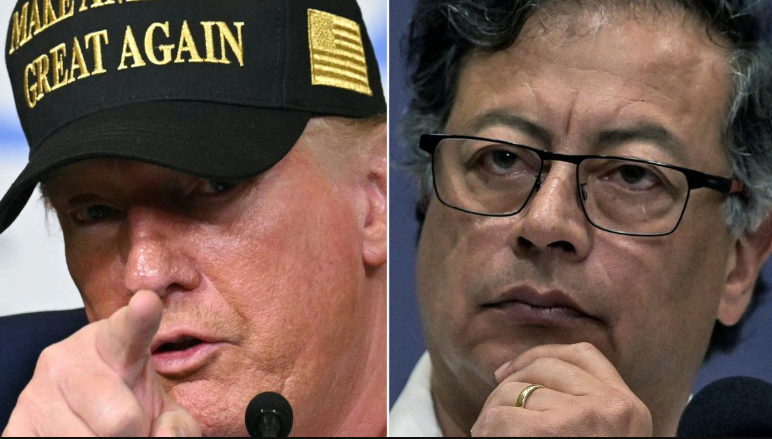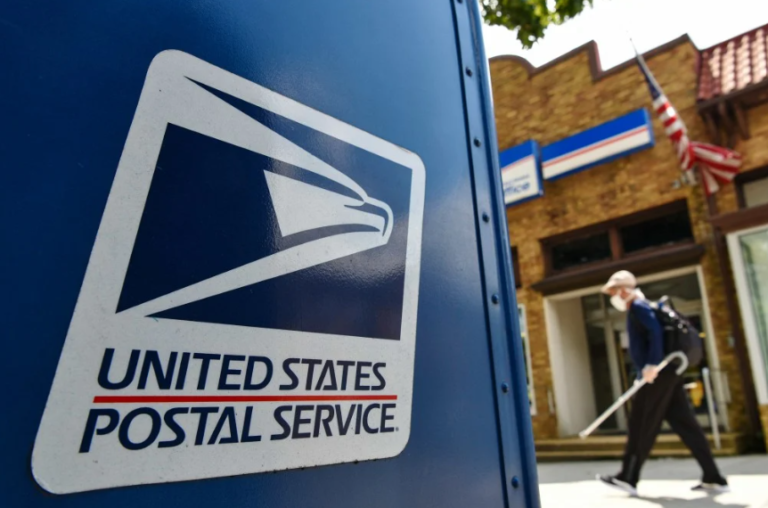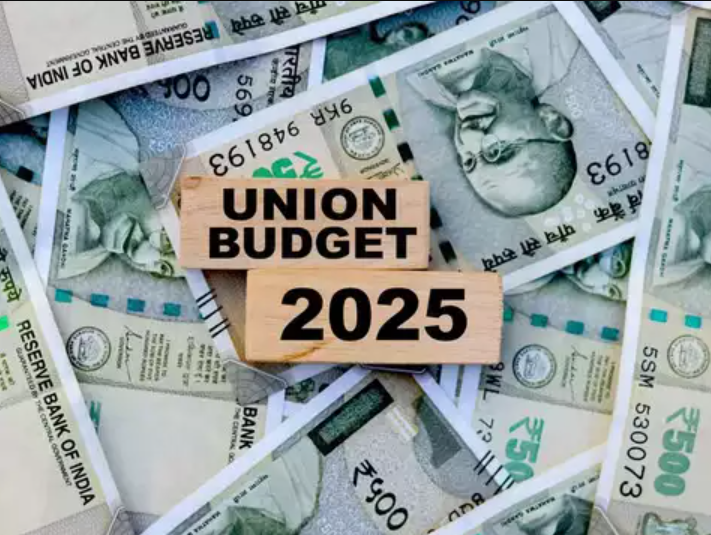
U.S. and Colombia Deportation Agreement: The White House has hailed the agreement with Colombia as a victory for Trump’s tough stance, as the country’s two leaders traded accusations on social media on Sunday.

Colombia’s telecommunications service said it had “overcome the impasse” with the US just hours after Petro published a lengthy post on X denouncing Trump’s “blockade”.
Petro had previously refused to let US military extradition flights pass, saying migrants should be returned “with dignity and respect”.
In response, Trump announced “immediate and clear retaliatory measures” in a post on his social media account Truth Social, including fees and visa restrictions.
Petro responded with a post on X reporting his own taxes and celebrating Colombia’s heritage.
“Your blockade does not scare me, because Colombia, in addition to being a country of beauty, is the heart of the world,” he said.
Within hours, the two sides resolved the matter, and the White House said Colombia had agreed to “all of President Trump’s demands.”
Trump’s proposed duties have been “fully drafted” and will be implemented if Colombia does not honor the deal, the White House agreed.
Trump also announced visa restrictions and enhanced vetting of Colombians at the border. The White House said these restrictions “will remain in place until the first planeload of Colombian deportees has been effectively returned”.
Colombia’s remote service official Luis Gilberto Murillo said the country “will move to repatriate Colombians who return as deportees, to ensure them a better-than-average status as citizens subject to rights”.
The Petro presidential plane has been arranged to encourage the return of Colombians who arrived in the country before the military flights were blocked, he said.
Murillo will travel to Washington in the coming hours for high-level meetings, the statement said remotely.
Colombia accepted 475 expulsion flights from the U.S. from 2020 to 2024, ranking fifth after Guatemala, Honduras, Mexico and El Salvador, according to Witness at the Border, an advocacy group that tracks flight data. It accepted 124 expulsion flights in 2024.
Colombia is also among the countries that began accepting U.S.-funded extradition flights from Panama last year.
The U.S. government did not immediately respond to a request for comment by The Associated Press regarding the flights and conventions used in extraditions in Colombia.
“It’s a clear message we’re sending that countries have a commitment to accepting repatriation flights,” a senior U.S. official told the AP. The official spoke on condition of anonymity because he was not authorized to speak publicly about the matter.
A transient at the U.S.-Mexico border looks at the CBP One app from the U.S. Customs and Border Assurance Office that is used to apply for asylum applications.
The number of Colombians has grown over the past few years as a major presence along the U.S. border with Mexico, helped in part by a visa administration that allows them to easily fly to Mexico and avoid trekking though the confusing Darien Crevice. They ranked fourth behind Mexicans, Guatemalans and Venezuelans, with 127,604 arrests for illegal crossings during the 12-month period through September.
Mexico has not imposed visa restrictions on Colombians, as it has on Venezuelans, Ecuadorians and Peruvians.
Petro’s government later explained in a statement that the South American country’s presidential airplane was made available to encourage the return of the migrants, who were scheduled to arrive hours before the U.S. military planes and were ensured “dignified conditions.”
As part of activities to fulfill Trump’s campaign promises to stop illegal movement, his government is using active-duty military to secure the border and provide assistance in carrying out deportations.
Two U.S. discus drive C-17 cargo planes carrying migrants expelled from the U.S. landed in Guatemala on Friday morning. The same day, Honduras received two removal flights carrying a total of 193 people.
Colombia is the U.S.’s fourth-largest crude oil supplier, shipping about 209,000 barrels of oil per day last year, despite the fact that rapidly growing domestic production has reduced the U.S.’s dependence on external oil. The South American nation is also the largest supplier of fresh-cut flowers to the US.







